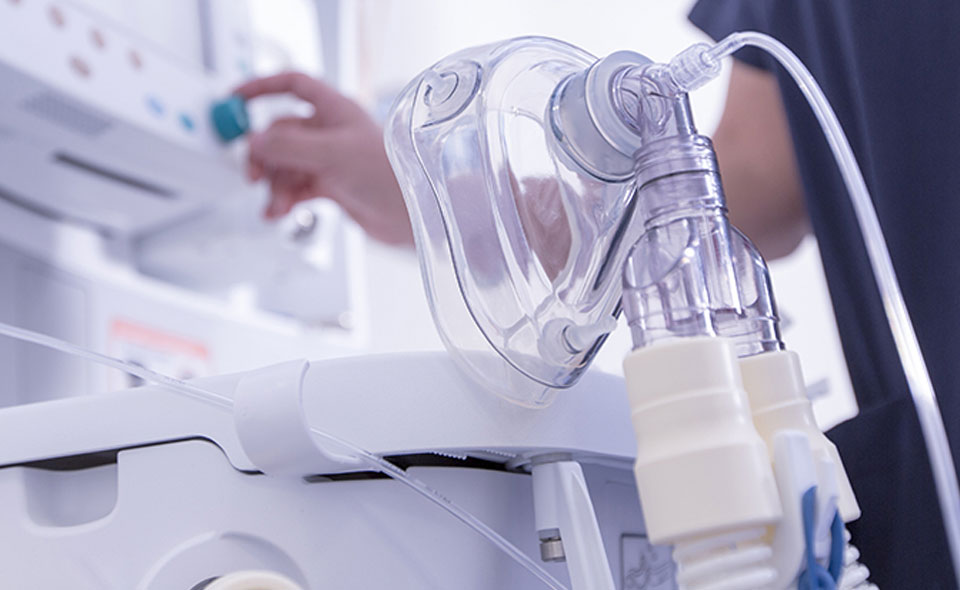The Future of Respiratory Therapy: Salary Projections and Career Opportunities

With an associates degree that can be earned in as little as 18 months and some hands-on clinical time, you could soon have your pick of stable work at high wages in a variety of healthcare settings. When it comes to respiratory therapy, salary is only the first of many reasons to look into a degree program today.
What Do Respiratory Therapists Do?

At its basis, the job of a respiratory therapist is to help people breathe. They play a vital role in an emergency room setting to help stabilize trauma victims, in a neonatal intensive care unit to help premature infants, or in a palliative care setting to ensure maximum comfort in the final stages of life.
They are needed on surgical teams and in almost every department of a hospital, as other disorders can be complicated by lung conditions, and pneumonia can be a persistent health concern in any care context.
Some respiratory therapists also work in an educational role, teaching sports coaches about asthma symptoms or nurses about best practices to help patients who have chronic obstructive pulmonary disease or emphysema.
This job can be slow paced in an in-home care setting or a clinic to help with sleep disorders, or highly intense in a trauma unit with several emergencies each day, so whether you desire a stable and predictable workday or the opportunity to prove yourself under pressure there will certainly be a job that lines up with your goals.
What Certifications are Needed for a Respiratory Therapist?

At its most basic, a respiratory therapist needs to have an associate degree in respiratory therapy. For more specialized positions you may wish to go on to earn your bachelor’s degree as well. Clinical experience is also a must.
The National Board for Respiratory Care (NBRC) certifies respiratory therapists after a standardized board exam to determine whether they are adequately educated. You can become either a Certified Respiratory Therapist (CRT) or a Registered Respiratory Therapist (RRT).
Beyond these basic requirements, you may wish to be certified as a neonatal/pediatric therapist, an Adult Critical Care Specialist, or a Sleep Disorder Specialist. There are a wide variety of respiratory therapy services that will be open to you once you have your degree.
What Does it Cost to become a Registered Respiratory Therapist?
The cost of a degree in respiratory therapy varies, but on average it costs a bit over $40,000 in total. If this seems high remember that financial aid is available and that this degree is the pathway to a very lucrative career in a specialized field. Once you have earned a place in this profession there will be many positions available for you to be able to make this investment pay.
